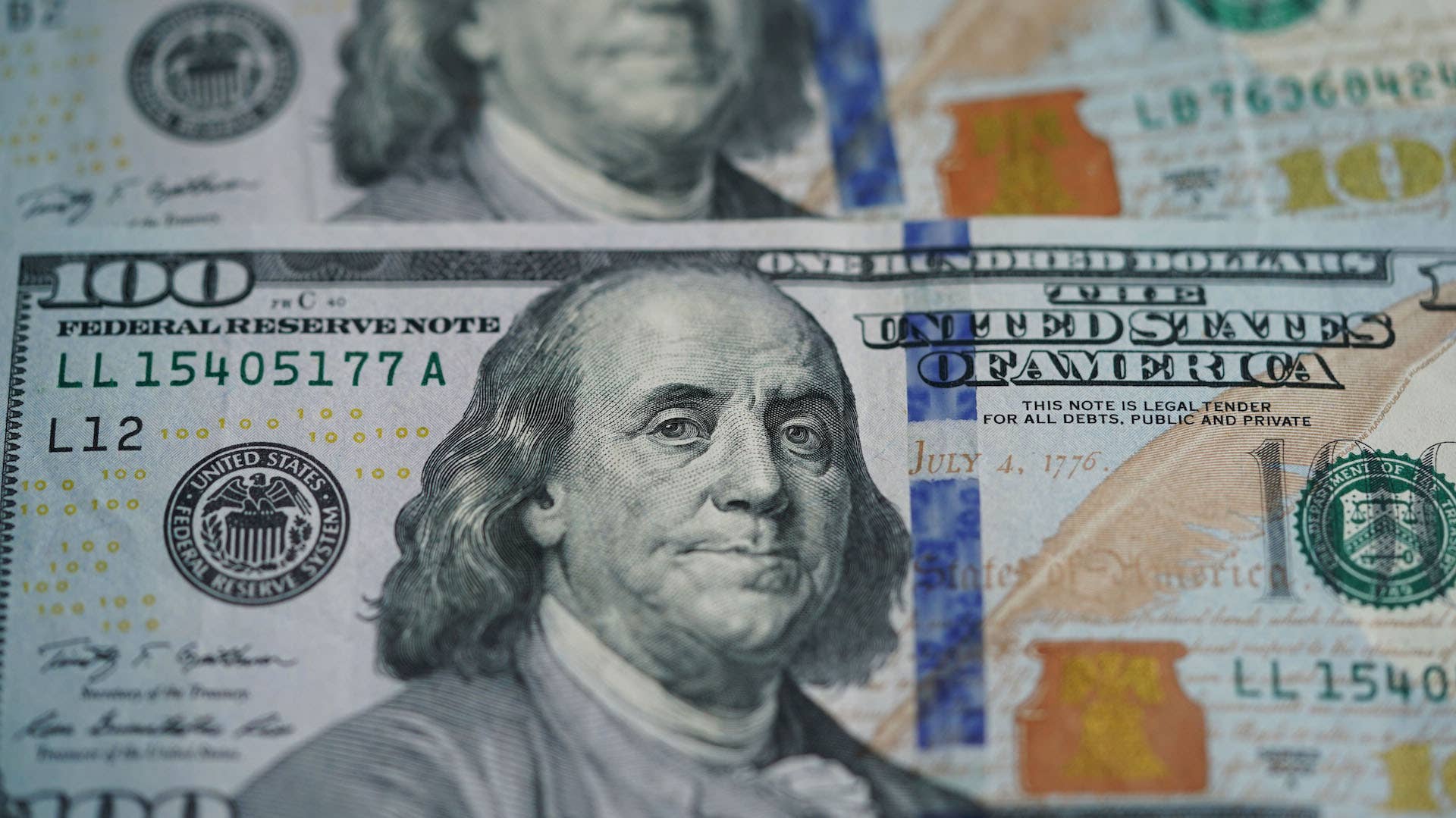
The federal government admitted on Tuesday that it has sent coronavirusstimulus checks to dead citizens.
Earlier this month, the IRS issued its first wave of stimulus checks. This money was deposited directly into bank accounts of people who filed taxes in 2018 or 2019 and got a return. Yet since this time, some of these people have died, resulting in the government issuing checks to deceased citizens.
The government was notified of this mistake by surviving spouses and/or people who have access to the dead person's bank accounts. Although it is frustrating for those in need to see that deceased citizens are being served before them, officials believe that this mishap was fueled by the government's desire to get the checks cut in a timely fashion.
Per Politico, the IRS was under pressure to produce checks as quickly as possible. Yet there is a lag in getting death information from local and state governments to the IRS. Normally the IRS has enough time to double-check these records before the money is disbursed. But the agency has never been forced to produce around $1,200 for more than 100 million citizens in such a short amount of time. Also the IRS doesn't directly handle death information.
"[The Social Security Administration] has a responsibility to make sure the benefits it’s putting out are going to people who are not deceased, and it’s ended up assuming that broader responsibility [for the entire government] because it makes no sense for multiple federal agencies to be compiling the same information," a former top official at the White House budget office, Jack Smalligan, said to Politico.
As a result of these combined factors, Smalligan claims that the mistake was "inevitable."

